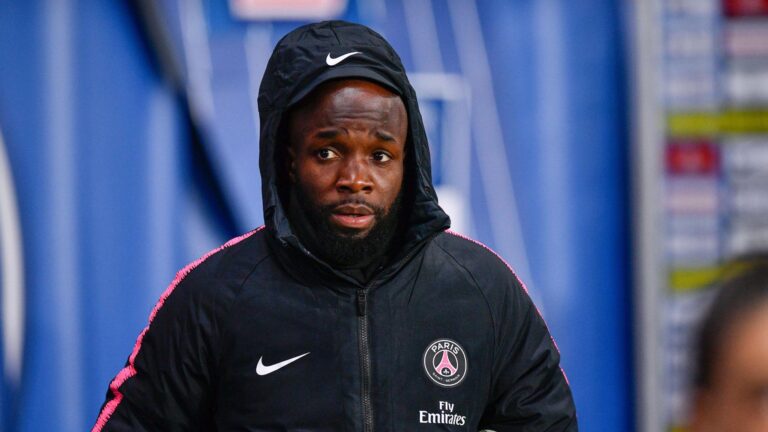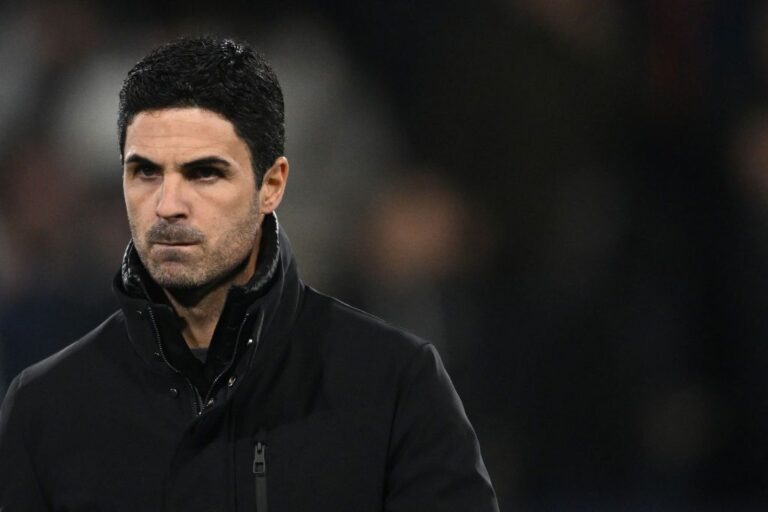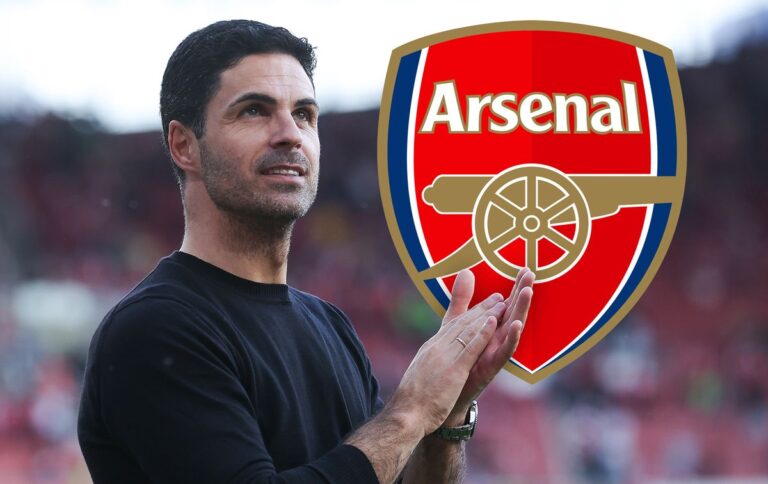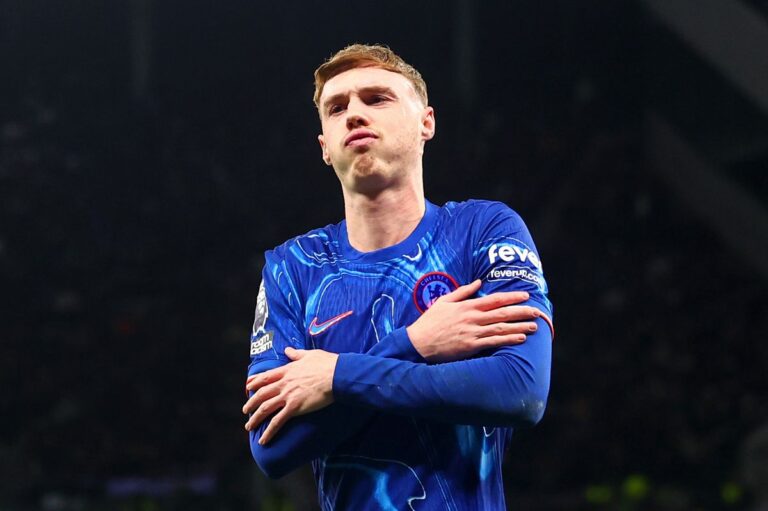
FIFA Revises Transfer Regulations Following Diarra Case
In a significant shift, FIFA has instituted interim modifications to its transfer regulations in light of a recent legal ruling involving former French international Lassana Diarra, a move that could invite immediate challenges.
This alteration comes on the heels of a pivotal decision from the European Court of Justice (ECJ), which sided with Diarra, asserting that FIFA's longstanding regulations had impeded his freedom of movement.
Prior to drafting its interim changes—which are now in effect just in time for the crucial January transfer window—FIFA engaged key stakeholders in discussions. However, the absence of player representation loomed large, as the global players' union, FIFPro, opted out, a claim that FIFPro vehemently disputes.
Insiders within FIFA have candidly expressed confusion regarding their decision to pursue this course of action, suggesting it may serve a tactical purpose down the line. They maintain that, after thoroughly dissecting the ECJ's ruling, they've adeptly addressed all concerns and are confident in the legality of the newly established rules.
Nevertheless, a cloud of uncertainty hangs overhead, as FIFA acknowledges the possibility of immediate legal challenges or injunctions aimed at stalling the implementation of these changes.
Such unpredictability is deemed problematic by officials, who are looking towards the summer for the establishment of permanent regulations.
“FIFA remains convinced that an open, inclusive dialogue with all its stakeholders is the way forward to develop a robust, objective, transparent, non-discriminatory, and proportionate regulatory framework for football at a global level,” stated the organization.
In a direct rebuttal, FIFPro expressed strong disagreement with FIFA’s temporary measures, labeling them as lacking the support of a proper collective bargaining process.
The union further asserted that “The measures do not provide legal certainty to professional footballers and do not reflect the judgement by the European Court of Justice.”
FIFA firmly believes that the ECJ ruling buttresses its authority over the transfer landscape while highlighting the necessity for contractual stability. However, it has acknowledged that certain aspects of its transfer regulations must be reevaluated:
-
The calculation of compensation payable in cases where a player or coach breaches a contract
-
The burden of proof concerning joint and several liability for compensation in cases of a breach of contract
-
The burden of proof regarding inducement to breach a contract (and the accompanying sporting sanctions against the new club of that player)
-
Procedures surrounding the issuance of an International Transfer Certificate
As FIFA puts it: “Any party that has suffered as a result of a breach of contract by the counterparty shall be entitled to receive compensation.”
This compensation will factor in the damages incurred, with each incident assessed on its individual circumstances. Crucially, if it is demonstrated that a signing club has induced a player to breach their existing contract, FIFA warns that such a club “shall be held jointly liable to pay compensation”.
Additionally, any club found guilty of breaching a contract or instigating a player to do so faces an immediate ban from signing new players for two transfer windows.
Why did Diarra bring the case?
Lassana Diarra, a veteran of the French national team, has found himself embroiled in a convoluted series of legal entanglements since his 2014 contract termination with Lokomotiv Moscow.
The club accused Diarra of refusing to attend training and rejecting a proposed salary reduction, resulting in his dismissal three years prior to the expiration of his contract.
In a 2016 ruling, FIFA—in concert with the Court of Arbitration for Sport (CAS)—held Diarra liable for breach of contract, imposing a hefty €10 million (£8.4 million) penalty and a 15-month suspension from professional football.
Following this debacle, when Diarra sought to join Charleroi, the club required guarantees against potential liabilities to Lokomotiv, which led to FIFA's refusal to issue an International Transfer Certificate (ITC), crucial for player registration worldwide, and inevitably derailing the transfer.
Diarra's legal team challenged specific FIFA regulations, arguing that these unfairly tethered clubs seeking to sign players to potential compensation liabilities to their former teams when contracts were terminated without just cause.
The court ruled that FIFA's use of the ITC system to impede player movement post-contract termination was unjust, necessitating revisions to FIFA's transfer policies to align with EU law.





